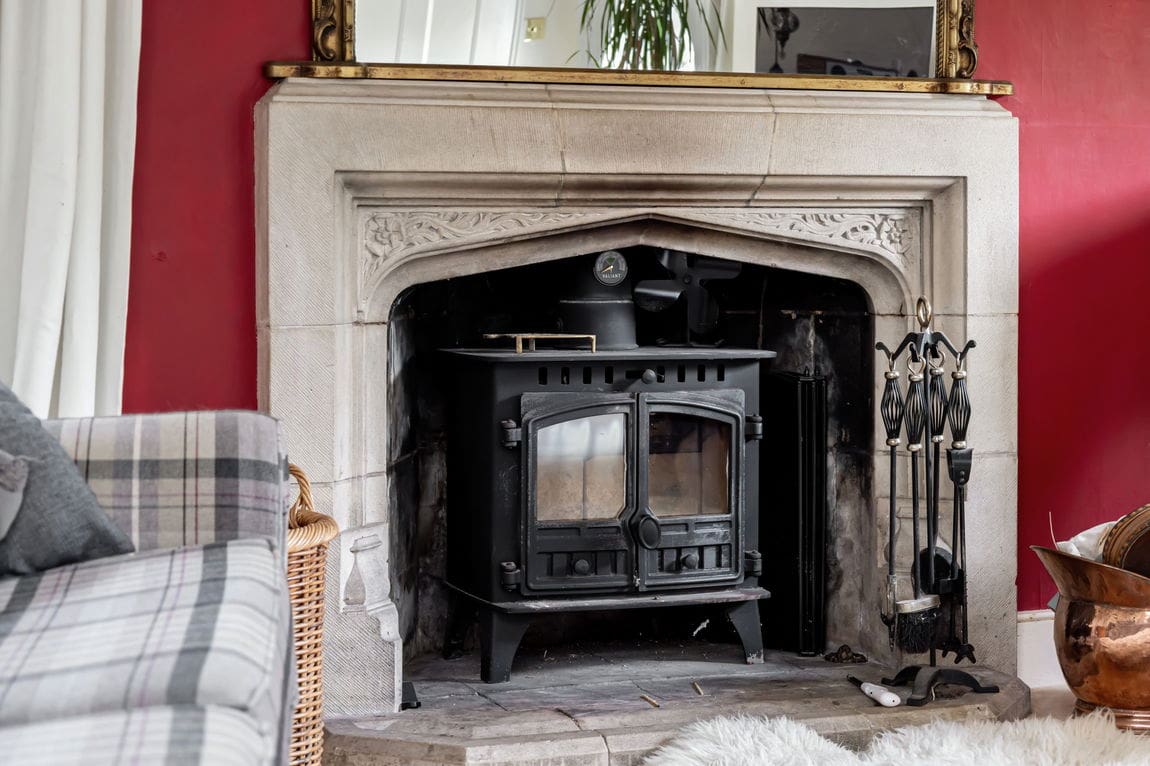
Energy efficient homes are not a new topic of conversation by any means. The government have designed multiple initiatives over the years, as well as planning regulations, that have looked to improve the green credentials of our homes and properties.
Did you know that 30% of the average energy bill is classed as wasted energy?
Our homes are the one area we can all make some sustainable swaps in. Here are our top 5 tips on how to save money on your energy bills:
Get smart
Research and invest in a Smart Meter to gain greater control over your energy use and educate yourself on how to manage it better.
Draught-proof gaps
According to Energy Saving Trust, the average household could save £125 by draught-proofing gaps around the home.
The magic number
Use your washing machine more efficiently – wash all cycles at 30-degrees and reduce the washing machine by one run per week for a year and save yourself £34 a year.
All about appliances
When the time arrives to replace home appliances, do your homework and research the energy ratings prior to investing in new items. Key items in particular to consider upgrading include: washing machine, fridge freezer, dishwasher.
Break habits
Turn appliances off standby. The latest statistics from Energy Saving Trust show that households could save around £65 a year by doing this.
For those of you looking to take things one step further and invest more into future-proofing your property, we have identified the top 3 considerations that buyers are keen to see on prospective homes:
Home Insulation
Small improvements here can significantly help with current bills. From making sure cavity walls are filled, to applying a jacket around your hot water tank, or installing floor and loft insulation. Granted it will likely be a more costly project, but worth considering – especially if your home was built before the 1920’s.
Solar Panels
A great investment, and believed to be the most common domestic renewable energy source in the UK. The main considerations for installing them include space or whether planning permission is required. For getting maximum energy, you ideally need a south-facing orientation and a specifically unshaded area to house the panels.
Heat Pumps
Fast-becoming a popular choice for buyers and for reducing costs and a greener choice for heating your home. Experts say that this source of heating and hot water will over time replace the gas boiler! so if this is next on your list of home improvements, look into whether it’s already worth considering this change. Heat pumps run on mains electricity. As more renewable electricity is being added to the process, heat pumps are becoming a more decarbonised, and therefore sustainable, option. They aim to reduce carbon emissions created from household heating to almost zero – and in some cases, they’re already cheaper to run than fossil fuelled heating systems!
Something fun: Check out the future of central heating on TikTok
Jacobs Steel is an independent estate and letting agent with offices covering Brighton to Worthing. If you’re preparing for a move, get in touch with your local branch for no-obligation advice.
Other articles you might enjoy


